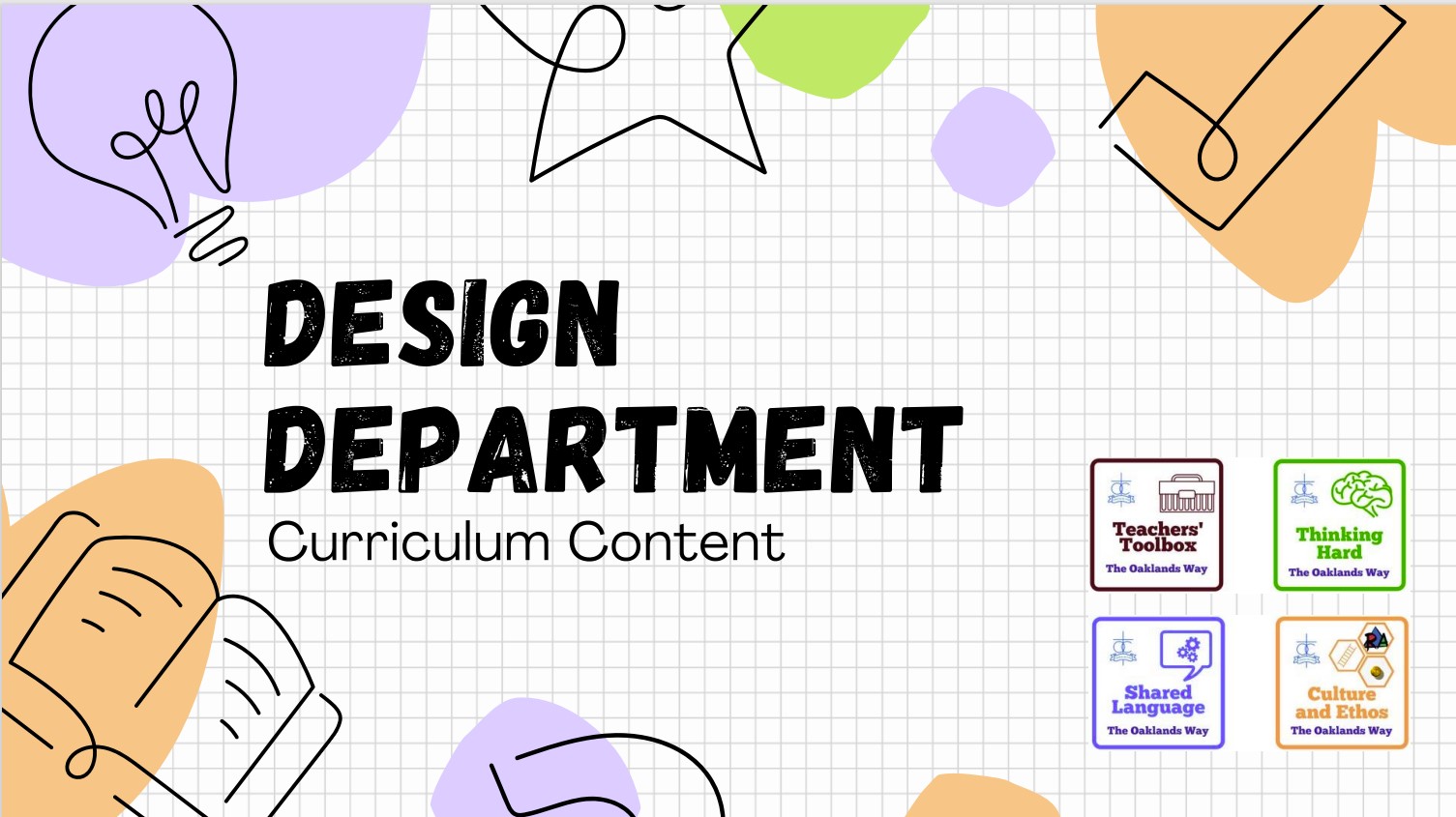For Example:
Dignity of the Human Person and The Dignity of Work:
In KS5 Product Design students consider the impact of Sweatshop on the production of consumer products and workers rights.
Common good:
In all Key Stages students are asked to consider the selection of sustainable material and economic use of material so that their is a fair distribution of the words resources. For example, if a product was manufactured commercially using rare resources what impact would this have on the country producing the resource?
Option for the Poor:
In Food in KS3 students consider Fair trade, how food is sourced and the impact of cheep products on the developing world.
Students have an opportunity to design products for the poor and marginalised, for example designing for those with disability. Students are also asked to evaluate products from the perspective of the poor, be that financial or disability.
Care for Gods Creation:
When selecting materials for design students are asked to consider sustainability or material supply, wastage, how they could be recycled, reused or repaired. At KS5 students consider the impact of but in obsolescence within design.









